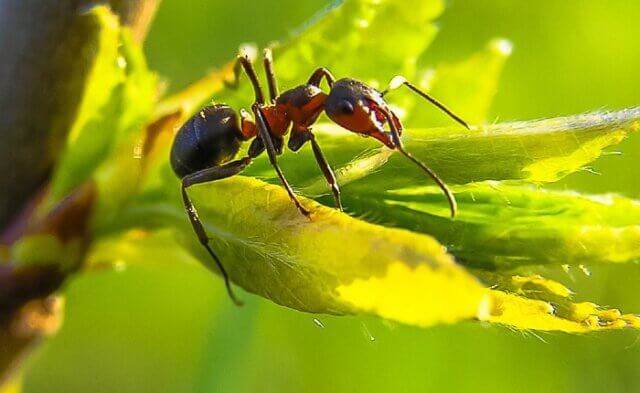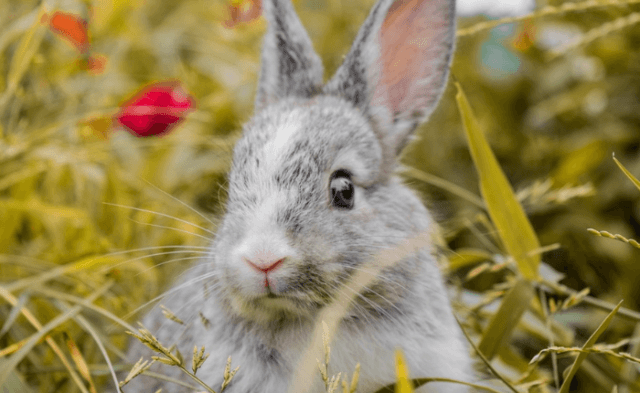By Diana Laverdure-Dunetz, M.S.
Chase rescued me the minute I set eyes on him at a Florida shelter in January 2002. From that time until he passed away on June 30 of this year, he and I were inseparable.
When I brought him home, he was severely underweight with numerous health issues, including chronic gastrointestinal problems, patchy fur, and dry, flaky skin. I immediately switched him to a fresh-food diet, and the results were astounding. He quickly gained weight, grew a full and lush coat, and was able to discontinue his stomach medication.
My experience healing Chase with nutrition changed my life. I returned to university and earned a master’s degree in animal science, coauthored two books on dog health and nutrition, and began professionally formulating fresh-food diets for dogs all over the world.
But as my canine nutrition business grew, so did my internal unrest. Because Chase had been a rescue, he opened my eyes to the plight of abused and suffering animals of all species. I became vegetarian and then vegan. From that development arose the contradiction in my mind of wanting to help heal dogs but not wanting to contribute to the torture and slaughter of other intelligent, feeling animals.
For a while, I told myself that familiar story—a story that I have heard often, even among vegans—that dogs are carnivores who “need” meat to thrive. But as my knowledge evolved, I learned that that was not true.
Here are a few facts:
- Dogs are omnivores, not carnivores. They are capable of digesting, processing, and assimilating nutrients from plants.
- Chemical toxins become more concentrated in foods the higher up the food chain you go, so when dogs consume other animals, they also consume the toxins that those animals ate.
- Dogs are consuming more meat than ever, yet chronic diseases, including cancer, in dogs are skyrocketing.
- Bramble, one of the world’s longest-living dogs, was a vegan!
Feeding a meat-based diet to dogs is not only unnecessary and cruel to other species—it is unsustainable.
Consider the following:
- Meat-eating dogs and cats account for 25 to 30 percent of the environmental impact of meat consumption in the U.S.
- If dogs and cats had their own country, it would rank fifth in global meat consumption.
- Meat produced for dogs and cats creates about 64 million tons of carbon dioxide per year—the environmental equivalent of driving 13.6 million cars for one year.1
My new mission is to start a global, grassroots vegan dog nutrition movement, providing the tools, resources, and support for raising healthy, thriving vegan dogs. We have many exciting—and fun!—projects in the works, including these:
- A website chock-full of free articles, tips, and resources for feeding dogs a vegan diet: plantpowereddog.com
- An Instagram page to inform, share and cultivate a community around veganism for dogs and their humans: https://www.instagram.com/plantpowereddog/
- A huge vegan dog project coming in March 2019 (to sign up for early access to all the details, visit http://bit.ly/plantpowereddog)
My goal is that one day, no animal will have to endure the torture of a factory farm, experience the horror of witnessing the butchering of a loved one, or scream and writhe in panic while being dragged away to slaughter.
Chase is no longer with me physically, but the lesson of compassion for all living beings that I learned from caring for him will remain with me forever. I hope you will join me on my mission. Together, we can save millions of animals and our beloved planet—while raising healthy, thriving vegan dogs.
Diana Laverdure-Dunetz, M.S., is an award-winning canine health writer, nutritionist, and healthy pet food advocate. Through her Plant-Powered Dog movement, she is seeking to help dog guardians worldwide raise healthy, thriving dogs through a compassionate lifestyle that has a positive impact on the well-being of all animals and the planet.
1Alison Hewitt, “The Truth About Cats’ and Dogs’ Environmental Impact,” UCLA Newsroom, 2 Aug. 2017







